Proteins are vital for sustaining bodily functions and overall health, making them an integral part of life. From supporting immune health to preventing muscle loss and maintaining overall wellness, proteins play a pivotal role in our well-being.
In this blog post, we will look into how to calculate your ideal protein intake based on body weight and activity level while also exploring the benefits and drawbacks of various sources. We’ll look into the advantages and disadvantages of various sources of protein, from animal-based items to plant-based alternatives, helping you mix up your dietary protein intake.
We will discuss the importance of moderation in consuming proteins while highlighting potential downsides associated with excessive consumption. Furthermore, we’ll provide insights into incorporating high-protein snacks into your routine for optimal health benefits.
The link between quality protein intake and lower risk of diseases like kidney disease is another topic that will be covered extensively. Lastly, we touch upon convenient ways to meet your daily protein needs through supplements such as amino acids or complete protein powders available in the market today.
Table of Contents:
- The Role of Proteins in Maintaining Health
- Determining Your Personal Protein Requirements
- Diversifying Your Protein Sources
- Moderation and Balance in Protein Consumption
- Incorporating High-Protein Snacks into Your Routine
- The Connection Between Quality Protein and Disease Prevention
- Understanding Supplements as a Convenient Source of Protein
- FAQs in Relation to Proteins
- Conclusion
The Role of Proteins in Maintaining Health
Proteins are a vital component for sustaining life, and they have more uses than just muscle-building. They’re essential for maintaining overall health and well-being. Proteins contribute to the structure of all body organs, muscles, tissues, bones, skin, and hair. But wait, there’s more. Proteins also serve as a key component of our immune system.
Importance of Proteins in Body Functions
Every cell in our bodies contains protein. It’s needed for growth (especially during childhood and adolescence), tissue repair after injury or surgery, as well as normal wear and tear. Plus, enzymes that catalyze biochemical reactions within cells are made up of proteins. Check out Britannica for more information on how these biological molecules work inside us.
How Proteins Contribute to Immune Health
Protein isn’t just for building muscles; it’s also essential for our immune system. Our bodies use protein to create antibodies – specialized proteins that help fight off infections and illnesses by identifying harmful pathogens like bacteria or viruses.
Most people should get 10% to 35% of their daily calories from protein. For women aged 19-70+ years old, that translates to approximately 46 grams per day, while men need around 56 grams per day during those same ages.
To sum it up: Protein isn’t just about muscle mass – it’s integral to almost every aspect of your bodily functions, including immunity. Remember to include adequate amounts of high-quality protein sources in your meals for optimal health and well-being.
Determining Your Personal Protein Requirements
Protein is essential for optimal body function, but how much do you need? It’s not one-size-fits-all. Your protein requirements depend on several factors.
Factors Affecting Personal Protein Requirements
- Age: As you age, your body needs more protein to maintain muscle mass and strength. Older individuals may necessitate up to 50% greater than the prescribed dietary amount
- Body Weight: Your weight plays a significant role in determining your daily protein intake. A common recommendation is to consume 0.8 grams of protein per kilogram of lean body weight, taking into account lifestyle and activity level as well as dietary restrictions or preferences.
- Lifestyle and Activity Level: If you’re physically active or trying to build muscle, your body will require additional proteins for repair and growth.
- Dietary Restrictions or Preferences: Vegans and vegetarians might have higher dietary protein needs because plant-based proteins are less easily absorbed by the human body compared to animal products.
In addition to these factors, certain health conditions like kidney disease could also affect your ideal daily intake of this essential amino acid-rich nutrient.
Using Online Calculators for Personalized Nutrition Planning
To make things easier, there are handy tools available online that can help calculate your unique nutritional needs, including those related to increasing protein intake, based on specific variables such as age, gender, height, weight, and physical activity levels. One reliable resource is the USDA’s Dietary Reference Intake calculator.
The Dietary Reference Intake calculator from the USDA can give you an idea of how much dietary protein is suggested by respected sources like the National Academy of Medicine. Remember, it’s important not just to meet but ideally exceed minimum recommendations when possible, especially if aiming to prevent loss of lean muscle mass during periods of dieting or regular exercise. Always consult your healthcare provider before making drastic changes to your current eating habits to ensure the safety and sustainability of your new regimen.
Determining your personal protein requirements depends on factors such as age, body weight, lifestyle and activity level, dietary restrictions or preferences, and certain health conditions. Online calculators like the USDA’s Dietary Reference Intake calculator can help estimate how many grams of dietary proteins you should consume each day based on specific variables to ensure optimal body function. It is important to consult a healthcare provider before making drastic changes to your eating habits for safety and sustainability purposes.
Diversifying Your Protein Sources
Don’t just stick to one source of protein; branch out and try something new. There’s a whole world of plant-based proteins waiting for you to explore. Try incorporating nuts, seeds, legumes, and grains into your daily diet for a good source of protein.
Animal vs Plant-Based Protein Sources
The usual suspects of animal proteins include chicken, beef, fish, and eggs. These are considered ‘complete’ proteins because they contain all nine essential amino acids that our bodies cannot produce on their own. But, most plant-based proteins are not complete. By combining different types like beans with rice or peanut butter with bread, we can get all the necessary amino acids.
Some popular plant-based protein options include:
- Tofu, a soy-based product abundant in protein, is an excellent ingredient for dishes ranging from stir-fries to desserts.
- Lentils: A great source of both fiber and protein, lentils are perfect for soups or salads.
- Nuts & Seeds: Almonds, peanuts, and chia seeds pack a powerful punch when it comes to both nutrition and flavor.
Balancing Intake with Different Types/Sources
Including both animal- and plant-sourced proteins in your diet offers an array of health benefits while ensuring you’re getting enough nutrients. For instance, going meatless once or twice per week could reduce risk factors associated with chronic diseases such as heart disease while boosting intake of fiber-rich foods. It’s also important not to just focus on quantity but quality too – opt for lean meats over processed ones and avoid excessive saturated fats and sodium often found in these items.
So next time you plan your meals, remember to diversify those sources and reap the full range of nutritional benefits each type has to offer.
Diversify your protein sources by incorporating plant-based options like nuts, seeds, legumes and grains. While animal proteins are considered ‘complete’, combining different types of plant-based proteins can provide all the necessary amino acids. Balancing intake with both animal- and plant-sourced proteins offers an array of health benefits while ensuring adequate nutrient intake.
Moderation and Balance in Protein Consumption
Proteins are crucial for sustaining wellness, yet overdoing it isn’t always the best option. For optimum health, the key is to consume protein in moderation.
The downside of excessive protein consumption
Too much protein can lead to storing excess fat instead of achieving desired results. This can cause negative side effects due to the high-fat content in processed meats like bacon, sausage, and cold cuts. According to the Harvard School of Public Health, overconsumption can also increase risk factors for kidney disease and osteoporosis.
Making smart choices about protein sources
Limit unhealthy sources in favor of healthier alternatives. A nutritious diet should comprise a combination of animal and plant proteins. Animal sources like lean meat or poultry provide complete proteins while plant sources like legumes or grains offer additional benefits like fiber and antioxidants.
Limiting foods high in saturated fats like red meat will help keep your protein intake optimal and contribute to overall heart health.
Diversify your protein intake by incorporating different types/sources into meals throughout the day. This ensures you’re getting a wide range of amino acids necessary for body functions without going overboard on any one type/source. It’s all about balance.
Incorporating High-Protein Snacks into Your Routine
Proteins are the building blocks of life and a crucial part of any balanced diet. They not only help repair body tissues but also contribute to a feeling of fullness, aiding weight management. For a balanced diet, consider replacing regular snacks with high-protein ones to increase your daily protein intake.
The Benefits of Replacing Regular Snacks With High-Protein Ones
High-protein snacks offer several benefits over their low-protein counterparts. They tend to be more filling, meaning you’re less likely to feel hungry soon after eating them. This can lead to consuming fewer overall calories throughout the day – an important factor if you’re trying to maintain or lose weight. Healthline offers great insights on this topic.
Besides that, proteins take longer for your body to break down compared to fats and carbohydrates, leading to sustained energy levels between meals. Plus, consuming enough protein each day helps ensure that your body has all the necessary amino acids it needs for optimal function.
Avoiding Pitfalls Associated With Fad Diets
Fad diets often promise quick results, but at what cost? Many such diets promote extreme restrictions on specific nutrients like carbs while encouraging excessive consumption of others (like proteins). While these might seem appealing initially due to their drastic results on a short-term basis, such practices don’t work sustainably over the course of a lifetime and can cause unnecessary harm to the body. Instead, focus on achieving balance and diversity in your eating habits to ensure your body gets what it requires to function properly and support mood and cognitive functions, among other benefits.
- Moderation: As with anything else in life, moderation is key when it comes to incorporating high-protein snacks into your routine. Too much of anything can be harmful eventually, so be mindful of what you try and avoid fad diets that promote extreme restrictions on specific nutrients.
- Variety: Don’t limit yourself to just one type of snack. Mix it up to keep things interesting and prevent boredom from setting in. Variety also ensures a wide range of different nutrients in your intake.
- Nutrient-Dense Choices: Choose nutrient-dense foods packed with vitamins, minerals, fiber, and protein. These include nuts, seeds, legumes, dairy products, lean meats, poultry, fish, eggs, and whole grains.
Proteins are essential for a balanced diet; replacing regular snacks with high-protein ones can aid weight management. High-protein snacks offer several benefits, including sustained energy levels between meals and feeling fuller for longer periods of time. However, it’s important to avoid fad diets that promote extreme restrictions on specific nutrients and instead focus on moderation, variety, and nutrient-dense choices when incorporating high-protein snacks into your routine.
The Connection Between Quality Protein and Disease Prevention
Research has demonstrated that consuming high-quality protein can reduce the likelihood of developing obesity, osteoporosis, type 2 diabetes, and stroke. Proteins help maintain lean muscle mass, reduce caloric intake, and improve metabolic rate response to physical activity.
Correlation between Quality Protein and Disease Prevention
A study in The American Journal of Clinical Nutrition found that people who consumed high-quality animal-based proteins had a lower risk of heart disease than those who ate less healthy plant-based proteins. Another study in Diabetes Care Journal showed that dietary protein intake is inversely related to the incidence of Type 2 Diabetes.
Increasing protein intake can also help prevent age-related muscle loss or sarcopenia, which is linked to increased risks of falls, fractures, disability, and mortality.
Expert Suggestions for Optimal Food Choices
- Dairy Products: Experts suggest removing skin from chicken and turkey, reducing processed carbohydrates, and increasing fiber-rich whole grain options as replacements.
- Fish: It’s not only packed with essential amino acids but also omega-3 fatty acids, which have numerous health benefits, including reducing inflammation and improving brain function, according to Harvard Health Publishing.
- Nuts & Seeds: They are excellent sources of complete proteins, containing all nine essential amino acids the body needs to build and repair tissues and cells. Plus, they’re loaded with heart-healthy fats, fiber, and antioxidants, as mentioned by Mayo Clinic.
Understanding Supplements as a Convenient Source of Protein
For those with busy lifestyles, supplements can be a helpful tool to ensure adequate protein intake. Supplements can provide a helpful alternative for those unable to meet their protein needs through diet. For those who struggle to meet their daily protein needs with food, supplements provide a handy solution.
Types of Protein Supplements
Protein supplements come in various forms, including powders, pre-mixed shakes, and bars. These products provide a quick and easy way to boost your protein intake.
- Powders: Protein powders are versatile and can be mixed into smoothies or baked goods. Some popular types include whey, casein, soy, hemp, and pea proteins, each offering unique benefits.
- Pre-Mixed Shakes: Ready-to-drink shakes are available in numerous flavors and cater to different dietary needs like low-carb or high-protein diets.
- Bars: Protein bars make for an ideal snack between meals or post-workout fuel source due to their portability and ease-of-use.
It’s important to choose quality sources of protein. Look for brands that use natural ingredients without added sugars or artificial preservatives whenever possible.
Remember, supplements should never replace real foods entirely. The best source of any given nutrient will always come from its natural unprocessed form wherever feasible. A supplement’s role is to ‘supplement’ your diet by filling nutritional gaps rather than serving as the primary source of nutrients.
So, prioritize consuming balanced, wholesome meals first and foremost. Incorporate whole foods rich in protein, such as lean meats, poultry, fish, dairy, legumes, nuts, and seeds, into your meal plans along with these supplements.
To sum up: While protein supplements can help you reach your daily quota easier, always consult a healthcare professional regarding safety and efficacy based on your health status and dietary needs.
Protein supplements are a convenient way to boost protein intake for those who struggle to meet their daily requirements through diet alone. They come in various forms such as powders, pre-mixed shakes, and bars but should not replace whole foods entirely. It’s important to choose quality sources of protein and consult with a healthcare professional before incorporating supplements into your diet.
FAQs in Relation to Proteins
What are three important facts about proteins?
- Proteins are made up of amino acids.
- They are essential for building and repairing tissues in the body.
- Proteins also play a role in producing enzymes and hormones and supporting immune function.
What are five facts about proteins?
- Proteins can be found in a variety of foods, including meat, dairy, and plant-based sources like beans and nuts.
- They are necessary for muscle growth and maintenance.
- Proteins can also be used as a source of energy when carbohydrates are not available.
- There are 20 different types of amino acids that can be combined to form proteins.
- Protein deficiency can lead to a variety of health problems, including muscle wasting and weakened immune function.
Why is protein important in life?
Protein is vital because it’s used by your body to build and repair tissues, produce enzymes needed for metabolic processes, make hormones, support immune function, and balance pH levels.
Conclusion
Proteins are essential for our health and well-being, so it’s important to understand our personal protein requirements and diversify our sources.
By balancing our intake of animal and plant-based options, we can lower the risk of diseases and achieve optimal health.
High-protein snacks and supplements can also be convenient sources of protein, but moderation is key.
Remember, making smart choices about where we get our proteins from can help us get rid of nagging pains and feel our best.

